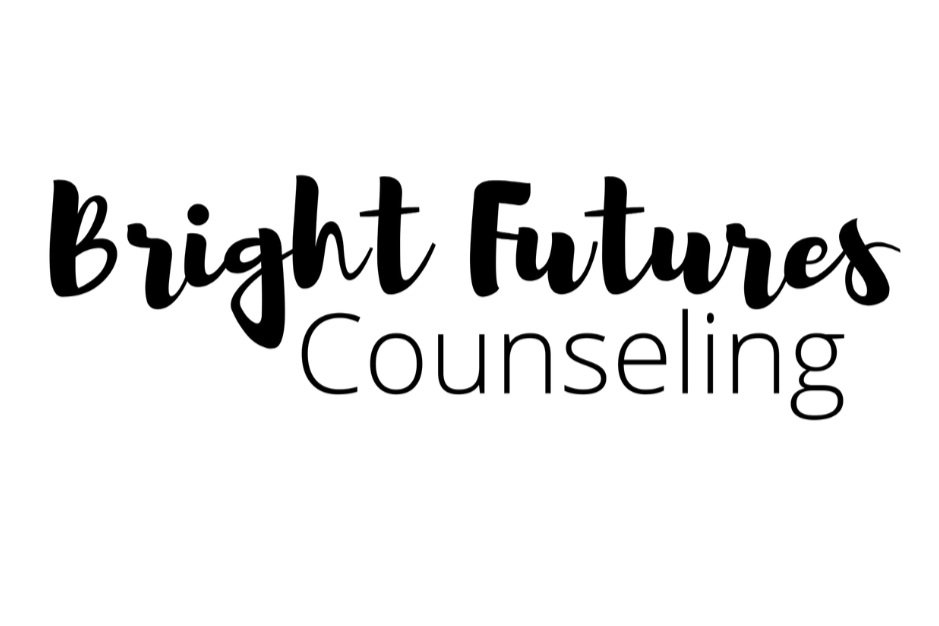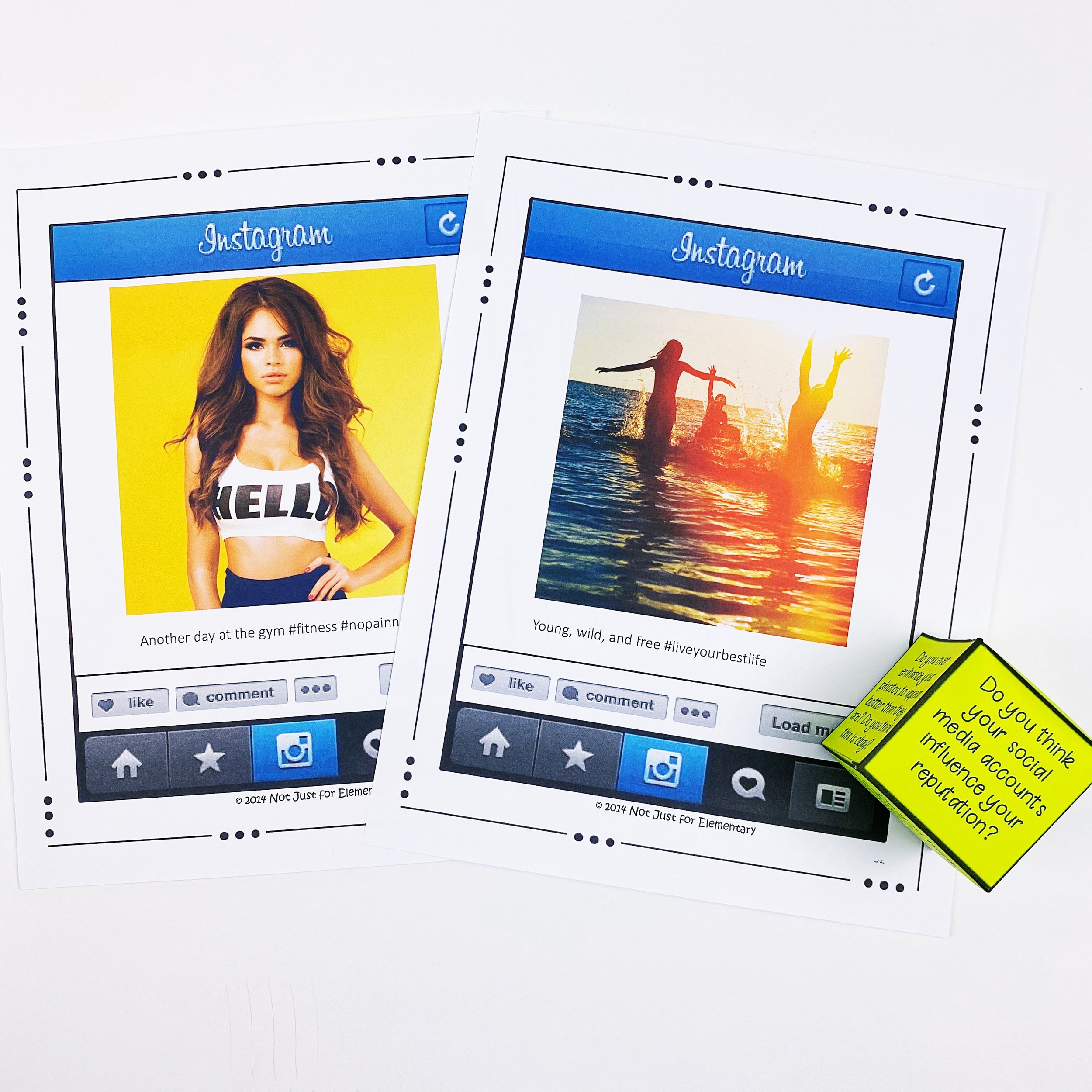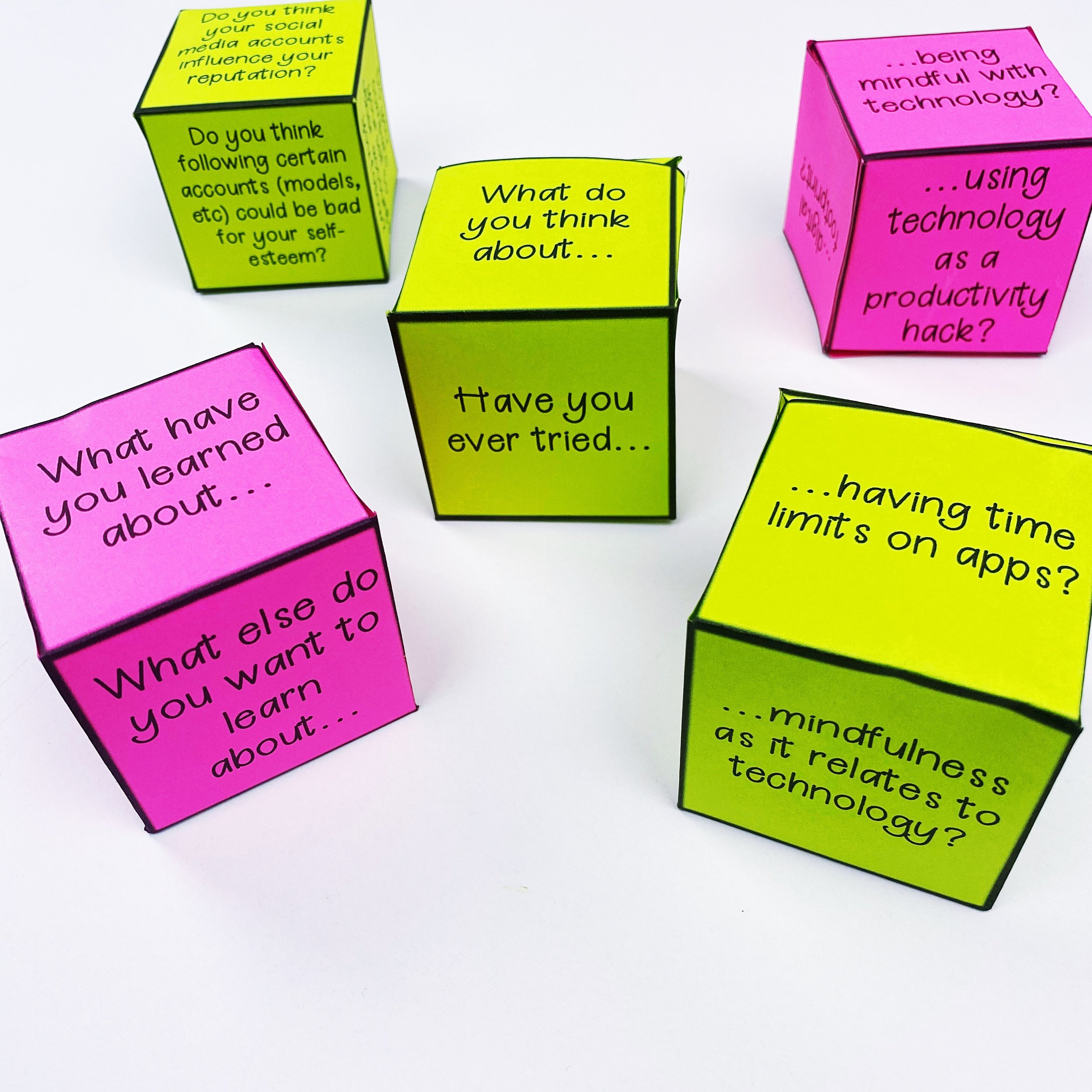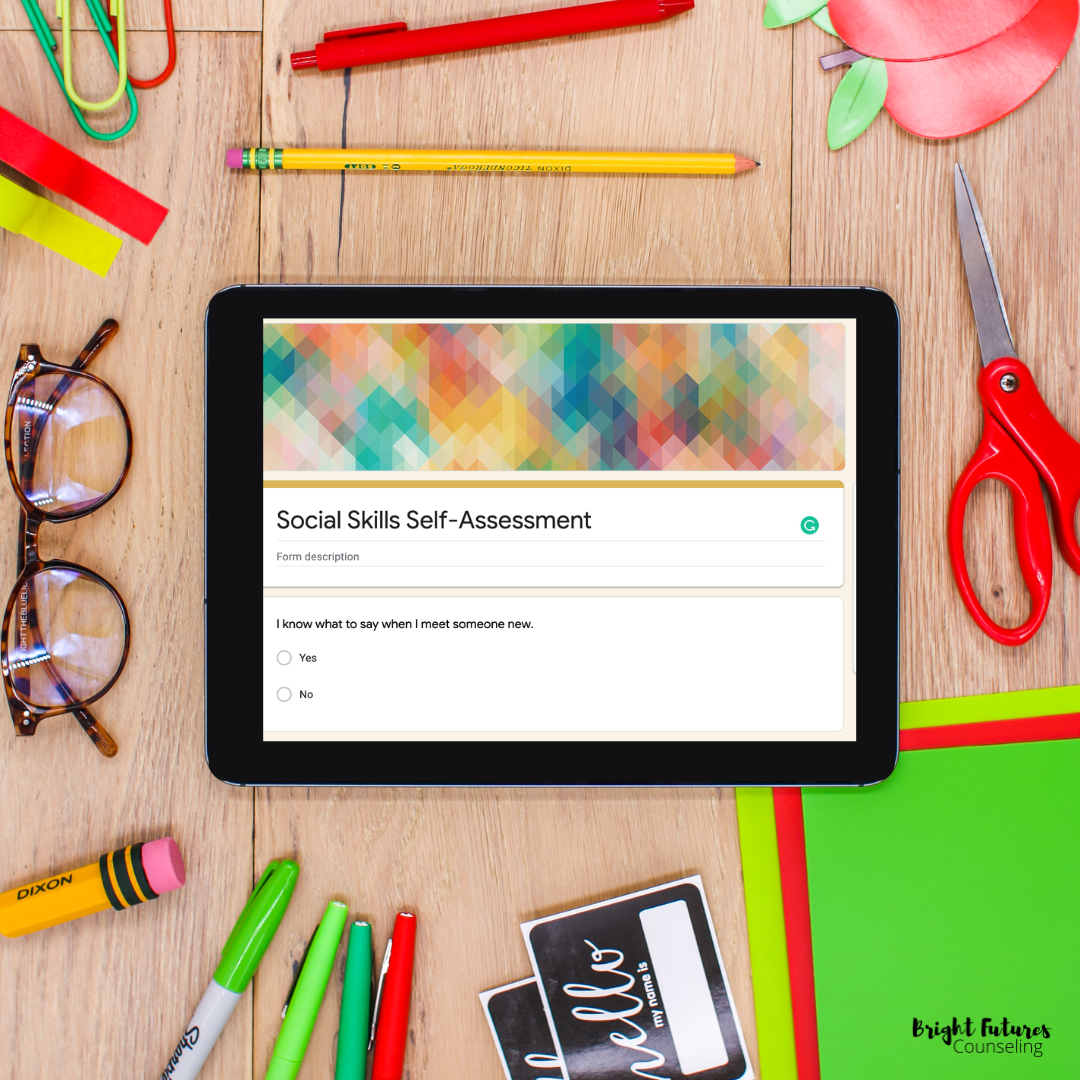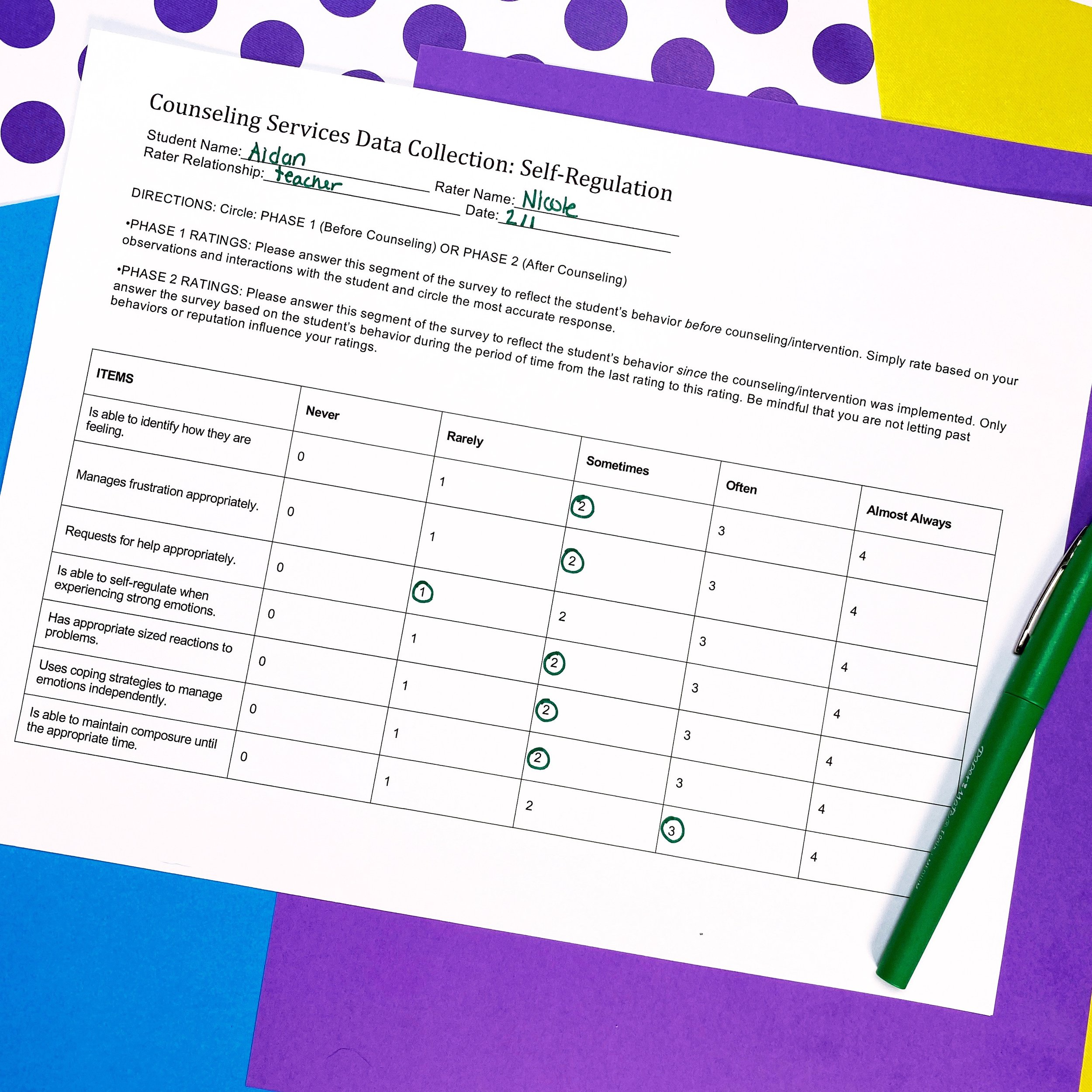Small Group Counseling: 4 Strategies for School Counselors
I LOVE leading small groups. They are my favorite part of school counseling. Check out these 4 strategies on how to form a small group, create engaging lessons, track data, and facilitate with ease.
1. Sizing and Scheduling Small Groups
Small groups work best when they are actually small. Who knew!? I have had groups as large as 10 but prefer to keep around 5 or 6 and when they are little ones maybe even groups of 3. Keep in mind your behavior management skills when selecting group sizes. And use common sense, if the topic is self-control you may want to keep your group smaller than if the topic is self-esteem! You will determine who is your small group by using a referral system.
Once you have determined who will be in your group, it's time to schedule it! Send out permission slips to parents and coordinate available times with teachers. Scheduling can be a bit tricky so you may want to consider creating a lunch bunch or meeting during a break. Download a free editable permission slip here.
2. The Anatomy of an Engaging Small Group
After scheduling your small groups it’s the fun part; planning what you’ll actually do with your group. These 5 components are a helpful structure to get you started when planning groups.
1. Feelings Check:
Start the session with a feelings check where everyone goes around the table and shares how they are feeling and why. You can pass around an item to help facilitate it or use a visual aid for younger students. Grab a feelings check poster for free here!
2. Icebreaker Activity:
The icebreaker is intended to make students feel comfortable. It is best executed when it is paired with the upcoming lesson topic. (For example during a self-control group having the students play Simon Says.)
3. Lesson / Video:
Introduce a new concept or review an existing one if this is a later session. A great way to keep kids engaged when learning a new topic is with videos.
4. Main Activity:
The main activity is where the students play a game, use discussion cards, role play, complete worksheets, etc. to practice using the skill they are learning. This is the core of the session and should take up the majority of the time.
5. Journal:
Have students close the session by writing a few thoughts and reflections about what they have learned that day or how they plan on applying it to their everyday lives. This part can be challenging so include writing prompts.
Want to practice putting it in action? Download a free small group session here!
3. Two Ways to Collect Small Group Data
It is important to collect and analyze data in your counseling program so you can see what's working and what's not. This way you can make changes to best support students. There are a variety of assessment you can use, however these two are my favorite.
1. Self-Assessments
A self-assessment is a quick questionnaire you give students before and after each group or set of individual sessions (usually about 6-8 weeks). The questions included depend on the topic (self, control, grief, relational aggression, etc) and can be one of two categories:
Objective learned - This is a right or wrong answer that can be answered objectively. (ex: “Can you name 5 coping strategies?”)
Feelings based - This is answered subjectively and has no definitive correct answer. (ex: “I feel sad more often than I feel happy.”)
2. Behavior Progress Monitoring Surveys
You send these surveys to parents and teachers before and after services provided so they can rate how their child/student is doing. You can also send one mid-services to ensure your counseling methods are on the right track.
Check out my Self-Assessments and Behavior Progress Monitoring Surveys here.
4. The Ins and Outs of Leading a Small Group
Curious what this looks like in real life? Watch this video to see me demonstrate a step-by-step walkthrough of how to facilitate a small group. Short on time? Catch the audio-only version on this episode of the School Counseling Simplified podcast.
I hope you are walking away with a sense of enthusiasm and some new strategies to try! Don't forget to download your free group session with implementation guide here.
Obsessed with leading small groups but don’t want to plan a thing? You have to check out this bundle.
